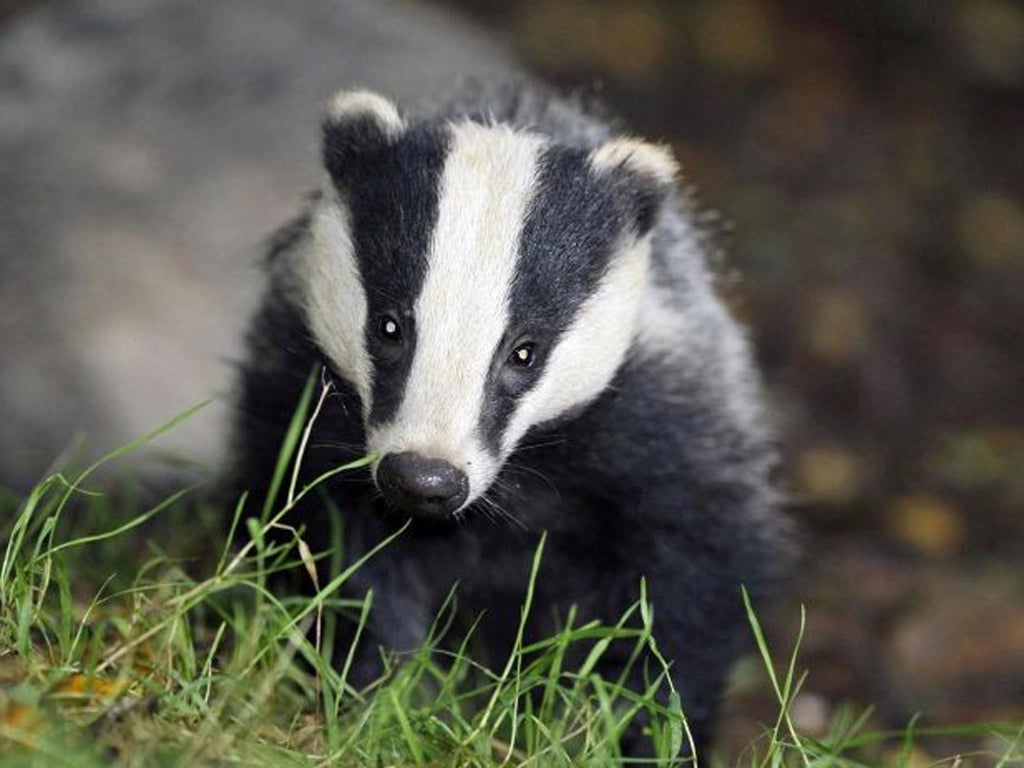Costs of proposed badger cull to prevent TB in cattle will be greater than the financial benefits

The economic costs of carrying out the proposed badger cull to prevent TB in cattle will be greater than the financial benefits, and the taxpayer will pick up the bill, experts have concluded in an economic assessment of culling.
For every 150-square-kilometre plot of land where badger culling takes place, the total costs will come to around £1.55m while the total savings in terms of TB prevention in cattle will amount to about £970,000, said John McInerney emeritus professor of agricultural policy at the University of Exeter.
While farmers will benefit financially from culling, the taxpayer will have to fork out nearly £600,000 for each 150 square kilometre plot of land that is subject to the cull in order to meet the cost of policing, licensing, shooting and monitoring, Professor McInerney said.
“You pay about £1.5m to get the disease avoidance worth about £900,000. It’s a good deal for farmers but a bad deal for taxpayers in sheer financial terms,” Professor McInerney said.
“You can’t argue with culling as a political decision, but you can argue against it on economic grounds, or scientific grounds, but [the Government] is clearly not driven by those considerations alone,” he said.
Bovine TB has risen dramatically over the past few decades and badgers have been implicated in the rapid spread of the disease, with about half of new cattle infections linked to badgers, leading to calls from farmers for mass culling.
However, scientists who have studied the results of experimental culling trials where badgers were trapped in cages before being killed are not convinced that the controlled shooting of free-roaming badgers is the answer.
“I have concerns about it. I think there are risks inherent in having moved from something we studied quite well to something that is informed by it but that is importantly different,” said Professor Christl Donnelly of Imperial College London, who sat on the independent scientific group investigating cattle TB.
Results of previous badger culling trials also found that while cattle herds benefitted within the culling area, cattle immediately outside suffered as a result of the greater movement of badgers resulting from a breakdown of their social territories.
Defra spokesperson said: “Nobody wants to see badgers being culled but science and the experience of other countries shows that we can’t get on top of TB without tackling it in wildlife.
“Unless TB is effectively dealt with it will cost taxpayers around £1billion over the next ten years. The long-term economic and wider benefits will be seen once we start to achieve a reduction in the number of cases on TB in cattle.”
Join our commenting forum
Join thought-provoking conversations, follow other Independent readers and see their replies
Comments